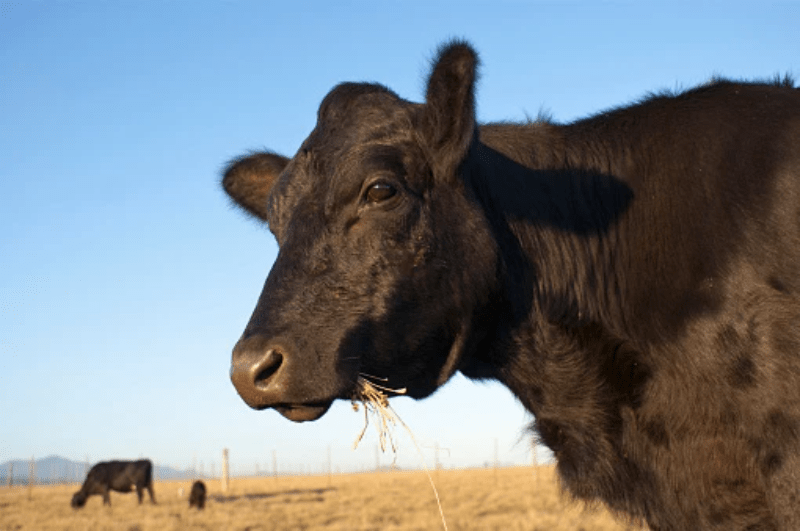Reasons Why You Should Purchase Grass-Fed Beef
Reasons Why You Should Purchase Grass-Fed Beef

When purchasing steaks and hamburger meat, the selection has gotten more complicated, which will be evident to anybody who goes to their area grocery shop or even a neighborhood meat market. Today, instead of grouping all beef products under one label, one encounters variations such as "grass-fed," "organic," and "free range." This is because the farming industry is shifting away from mass production. After all, consumers place a higher value on sustainability and quality. The diet and the environment of livestock raised for meat are essential considerations. Click here to get local farm raised beef manchester ct at your comfort.
The difference between grass-fed and corn-fed beef: Ruminants are a suborder of mammals, including goats, sheep, and deer. Cattle are members of this suborder. Typically, these creatures have four stomachs, and their digestive tract is tailored to digest plant matter, including grass and leaves, efficiently. Although grass is the cow's natural diet, many farmers now feed their cattle corn instead of grass since corn is more cost-effective and causes the cows to gain weight more rapidly than grass does.
Although cattle were historically killed between the ages of four and five, the pressure to produce inexpensive meat has resulted in the majority of calves that consume grain being slaughtered at the young age of just fourteen months. It rarely results in a job being adequately done when done quickly and at a low cost.
The advantages of selecting beef that has been fed grass instead of grain: Cattle grown on natural food sources are often handled more humanely and live in much more hygienic settings than their counterparts who were not raised on natural food sources. There are a variety of health advantages that may be acquired by avoiding ingesting livestock that has been reared on maize, in addition to the hazards involved in doing so. According to the research presented in the Nutrition Journal, omega-3 fatty acids, which are the kind of fatty acids that are good for the heart, were much greater in cows that consumed their natural food source.
In general, their meat has a lower fat percentage, indicating that it is healthier. Even though there is some disagreement on whether the flavor is superior, there is little question that the flavor has much more complexity and diversity when cattle eat greens instead of grains. The less generic taste imparted into the meat as a result of eating a natural diet is appreciated by many people with more refined palates.
Because customers are becoming more aware that cheaper items come with several hidden costs, the race to manufacture quicker and cheaper meals has slowed down significantly. More people are becoming aware of the negative consequences that agricultural practices such as antibiotics, hormones, and mass production have on human health and the ecosystem as a whole. When faced with these options at the grocery shops around us, it is important to consider more than just the price tag that comes with the item. If you go with the choice that's better for your health, you'll save a lot more by buying a local farm-raised beef in Manchester, CT.
